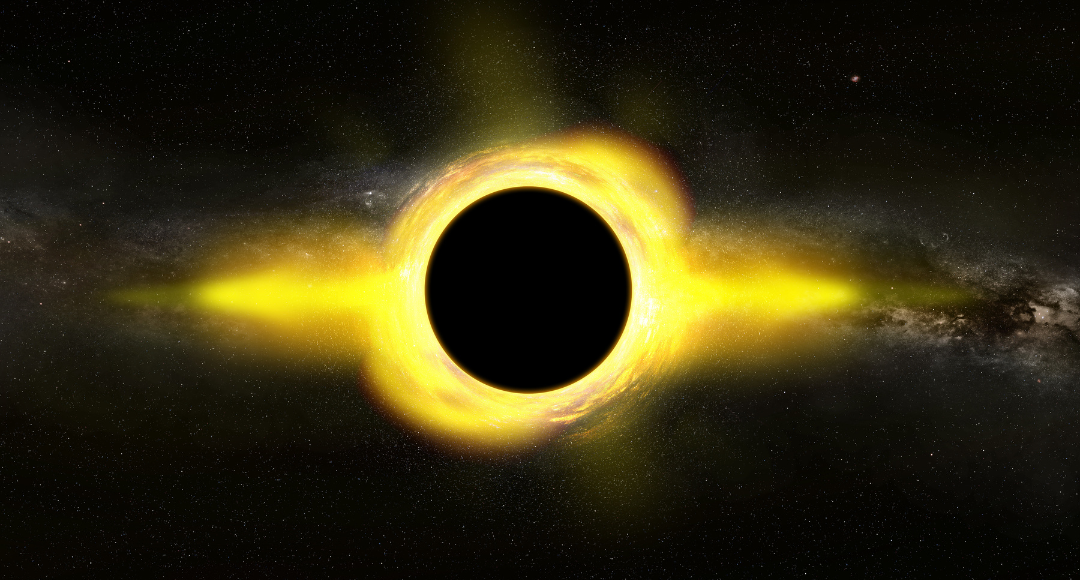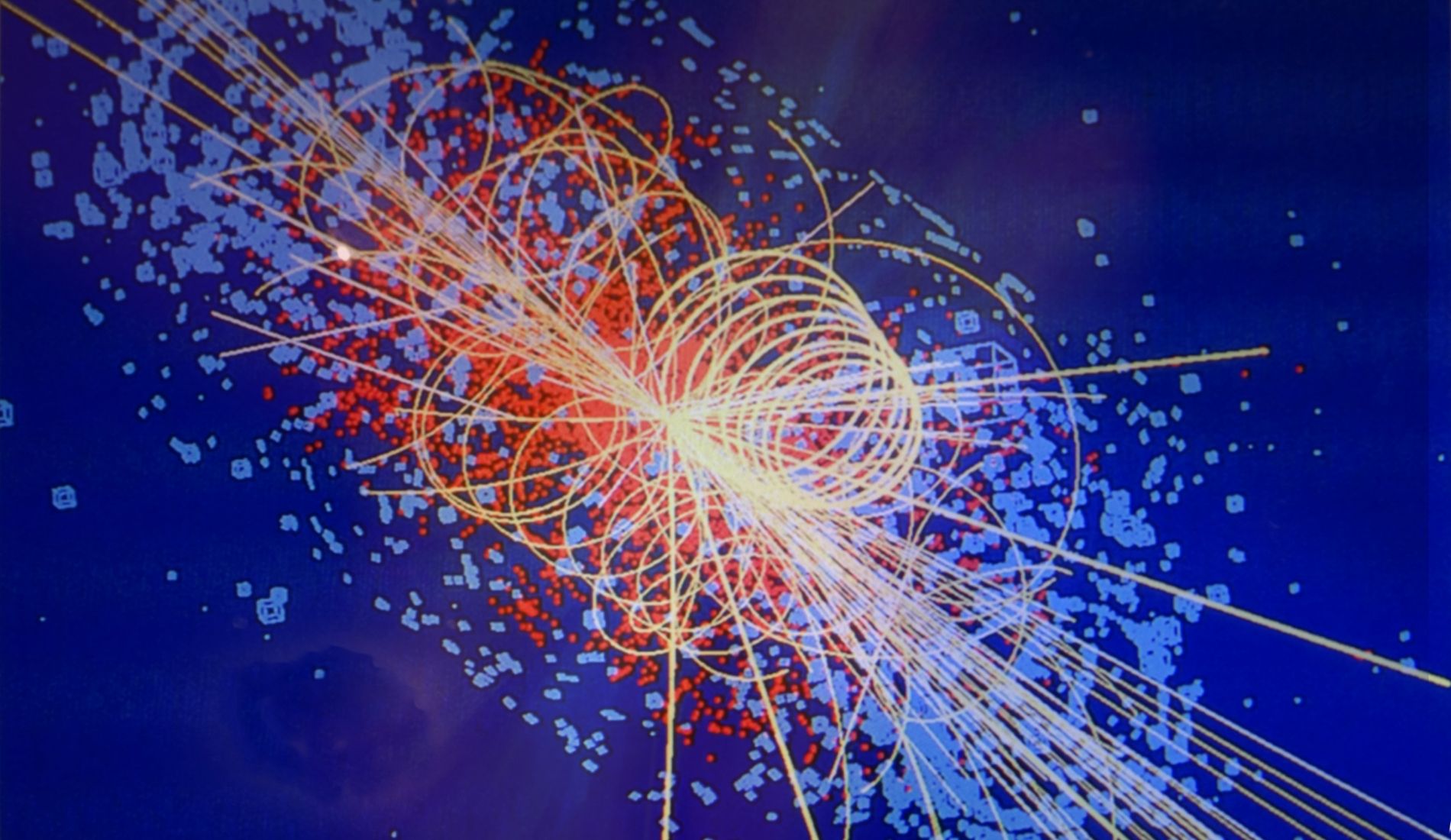Why are black holes so precious for the Astronomy Enthusiasts?
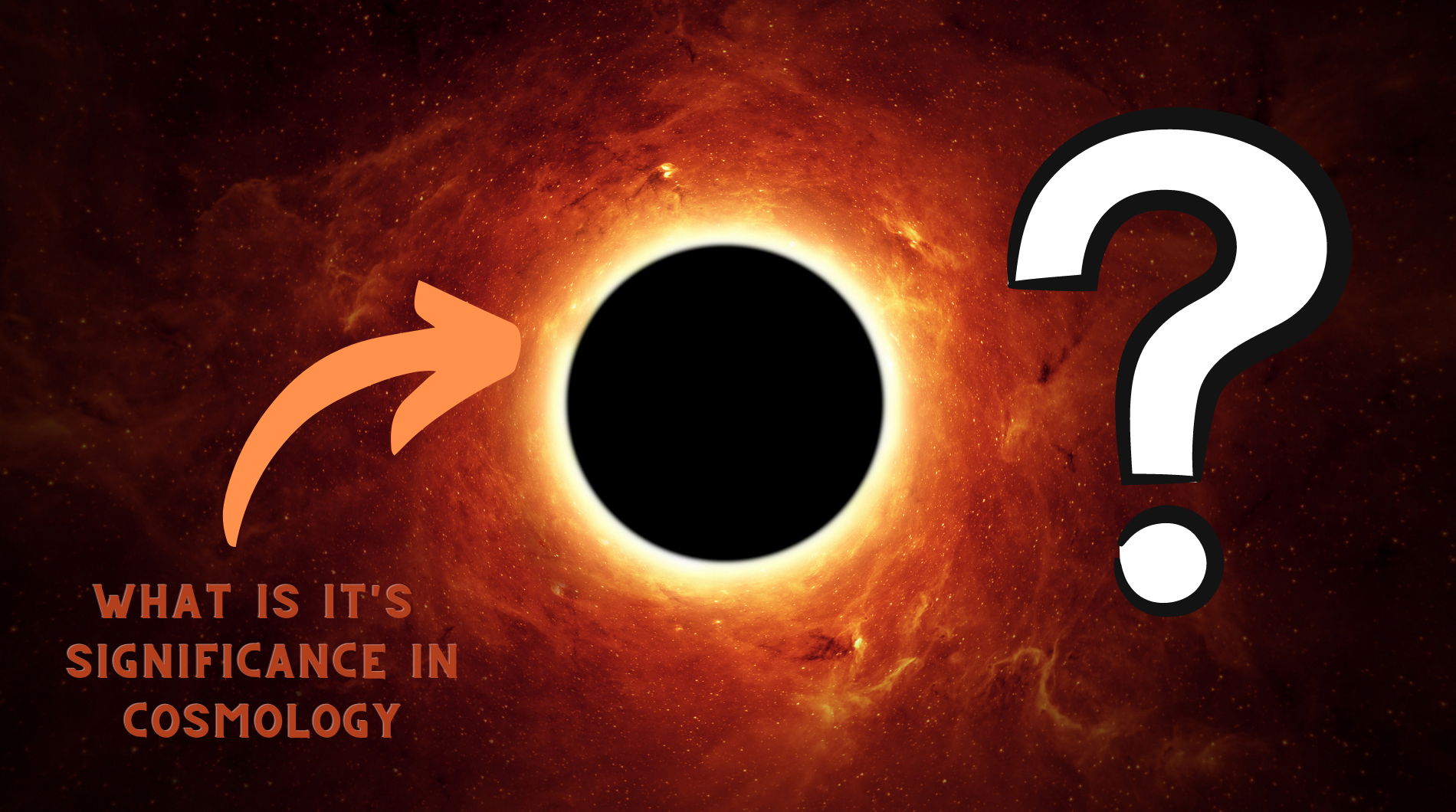
Black holes are the key to understanding how all the universe works. Without them, we would have no understanding of what is happening in space or what will happen when we travel through it. Also, black holes are key to how we understand the Big Bang Theory. There are no wonders why black holes are loved by Space and Astronomy lovers.
We know that black holes exist because of the gravitational effects they have on other objects in space. Also, recently the pictures of real black holes have been captured which further proves their existence. Black holes are visible when they’re actively consuming gas and other material from a nearby companion star, which causes the matter around it to light up brightly or “shine.”
How do black holes contribute to the existence of the universe and cosmology?
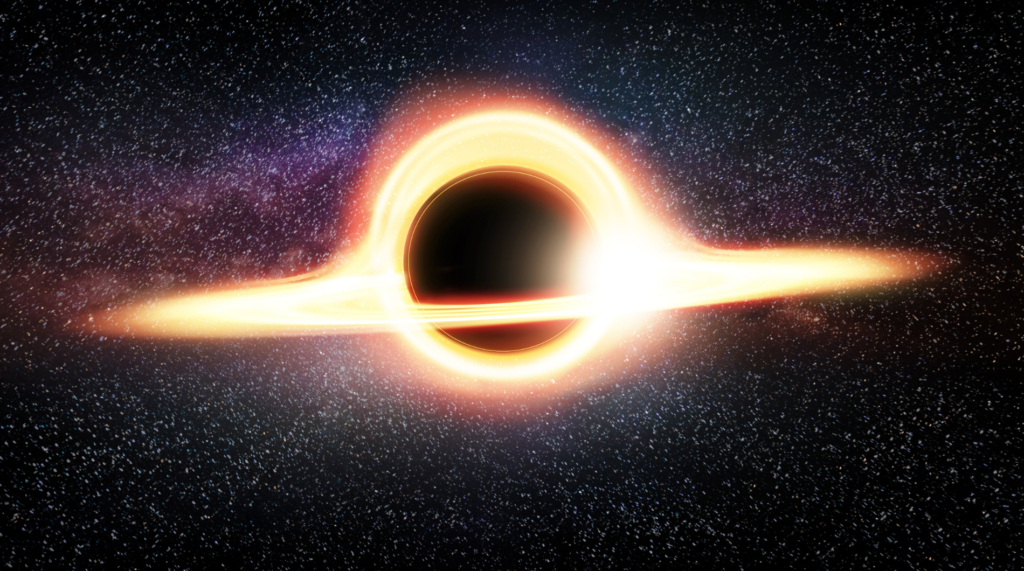
Black holes largely contribute to the cosmology and the existence of the universe. They are a key part of how the universe began, as they contained some of the material that made up what are now known as fundamental particles — quarks and gluons — that combine to make all matter. Black holes carry special properties, including how they store mass and what they absorb. They can even function (though not very well) as stars, absorbing material and eventually growing in size until they start to collapse under gravity.
On top of this, black holes are also crucial to understanding how all the universe worked before it began. Scientists were stumped when they couldn’t figure out how the universe — which should be infinitely large — began in the Big Bang. In 1964, Hugh Everett III proposed that all of mass and energy in the universe was created at the same time, creating a false vacuum. Black holes seemed to solve this problem, creating a singularity (when a point is formed in space) that was infinitely dense and filled with energy.
Similar reading: EHT collaboration produces the first image of our black hole: What are its future implications?
Are there any variations in types of black hole?
Yes, there are. There are different kinds of black holes, including stellar-mass black holes, which are born in the explosive deaths of very massive stars. The smallest is called a micro black hole and has a mass less than 50 times that of our sun. And then there’s supermassive black holes, which lie at the center of most galaxies, including ours.
Supermassive black holes have masses ranging from millions to billions times that of the sun and release incredible amounts of energy as they rip apart stars that come too close.
What is event horizon in a black hole?
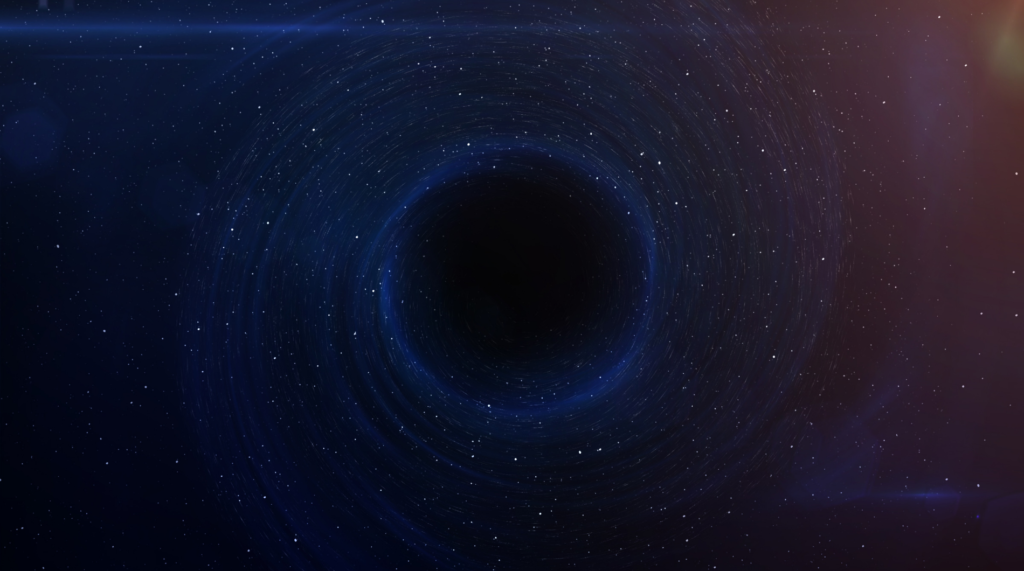
Basically, an event horizon is what defines a black hole. This is where light cannot escape.
If you’re in an event horizon, you’re doomed. No matter what happens, you can’t get out of this event horizon. It’s forever trapped inside the black hole.
An event horizon has a radius that is about the same size as the black hole’s mass, which is proportional to the amount of gravity the black hole has. An event horizon is called a spherical surface because it’s like looking at a bubble around the black hole — nothing can be seen beyond it.
What is singularity in a black hole?
When we talk about black holes, we’re talking about the singularity itself. The singularity is an invisible point that can’t be seen, but it has a very intense gravitational pull and is thought to be at the center of every black hole. It’s around here that nothing can escape — this is where the black hole’s “event horizon” lies.
It’s also not known whether a black hole contains anything inside it — scientists think it must contain a singularity, with no one knowing what this thing actually is or even how big it could be.
Some mind-blowing facts about a black hole that make it truly amazing!
There are some mysterious facts about a black hole that make it amazing. The Space Enthusiasts are fans of black holes for pretty valid reasons after all.
- Black holes have the potential to create new universes.
A very simplistic explanation of how this works is that our Universe today has some highly convenient conditions that came together to create life when you look at the calculations. We wouldn’t be here if you changed these conditions by even a small bit.
The singularity at the center of black holes defies our usual laws of physics, potentially altering the conditions and spawning a new, slightly altered universe.
- Black holes can pull the space around them.
Black holes have a very strong gravitational field, and any other object that gets near them will feel a lot of extra gravity. What’s more, it doesn’t matter where the black hole is, because space itself is warped by the event horizon.
Most people are shocked by the fact that space itself gets pulled around a black hole. And some even believe that “time” is being pulled as well at the same time.
- Black holes can continue to grow after they’ve formed.
Black holes form from collapsing stars, and when their event horizon expands, they get an extra source of gravity from all the gas in space which gets attracted towards the star’s center and falls into the black hole and into oblivion, where it’s shredded into fundamental particles called quarks by the intense gravitational fields.
- Black holes can create wormholes.
A wormhole is a hypothetical tunnel-like topology of spacetime that can connect distant locations in spacetime. A wormhole would allow an object travelling near the speed of light to travel over great distances in less than a second. But this is impossible, you can’t go faster than the speed of light by conventional means, so how are black holes able to create them?
Black holes are extremely massive things, they’re very similar in size to a star or a planet, but they have an absolutely enormous mass at the center that’s billions of times more massive than the Earth’s. They’re so huge that they can alter the fabric of space around them and create a wormhole inside their event horizon, completely bypassing our universe’s normal laws of physics.
- Black holes can create their own miniature universes inside them.
The event horizon of a black hole is an absolute boundary where nothing, not even light itself, can escape from the gravitational pull of the black hole and its singularity at its center. This actually creates a different universe of its own inside the black hole.
Concluding paragraph
Black holes are very mysterious space bodies that we are still knowing more of each year. We’ll never be able to know the exact details of their creation and the mechanics behind them, but we can speculate from what we do know.
Despite their mysteries, we know that black holes have played an important role in the evolution of our universe and have helped us in studying the universe more and more.
Auto Amazon Links: No products found.
